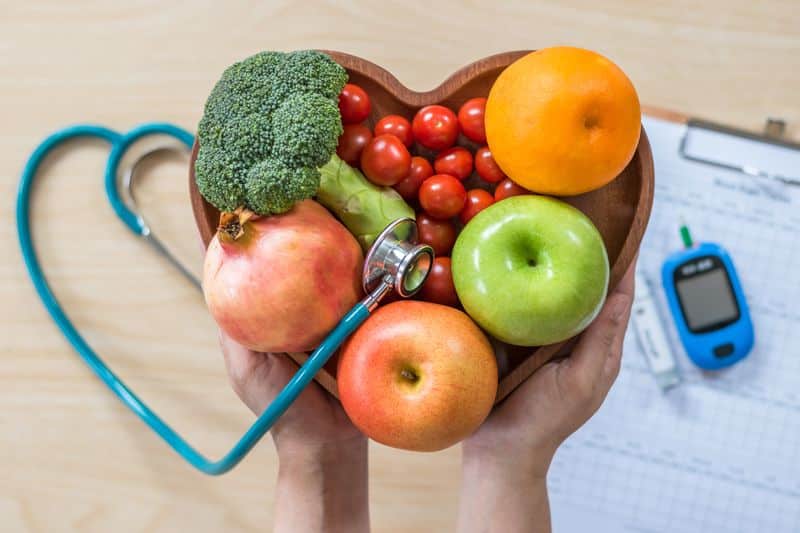
If you’ve been diagnosed with type 2 diabetes, you’ve probably already come to terms with the fact that you have to change your lifestyle. In addition, you will also have to change your diet and get used to monitoring your blood sugar.
However, it is possible to reverse your diabetes by adjusting your diet and keeping track of your progress. Here are a few tips to help you control your blood sugar.
Table of Contents
Monitor Your Diet
Adjusting your diet is one of the key ways that you can reverse your diabetes and cut back on your insulin usage.
One of the biggest diet changes that diabetics need to make is lowering their carb intake. Carbohydrates break down into glucose, which causes your blood sugar to rise. Your limits will vary, but as a starting point, try limiting your carb intake to 200 grams a day. Avoid foods heavy in carbohydrates such as bread and pasta but also fruits and dairy. Replace carbs with foods high in resistant starches, such as potatoes and beans.
Instead of eating carbohydrate-heavy meals, replace those foods with meals rich in nutrients such as fibre. Fibre stabilises blood sugar and lowers the occurrence of type 2 diabetes. Besides targeting diabetes, fibre can also help you manage health conditions associated with diabetes such as cardiovascular disease. Foods that have natural sources of fibre include whole grains, beans, and plant-based foods.
Another way to use your diet to monitor your diabetes is to lower your portion sizes. Instead of eating one large meal, spread out several smaller meals for more regular blood sugar instead of causing fluctuations. One of the meals that you should always include in your daily routine is breakfast, since eating a filling, high-protein meal early in the morning can prevent glucose spikes.
Monitoring your diet will also help you lose weight, which will improve your body’s insulin levels. Even losing a few kilograms will improve your blood sugar levels.
Hydrate, Hydrate, Hydrate
Drinking lots of water is one of the easiest ways to lower your blood sugar levels. That is because water helps to flush excess sugars out of the body. Although the amount of water you drink will depend on your personal needs, you should aim for more than half a litre per day.
Sleep More
Believe it or not, how much sleep you get impacts your body’s chemical composition and overall health. Although this still needs to be investigated further, initial studies have linked chronic sleep deprivation to developing type 2 diabetes. When you are not well-rested, your body has a harder time breaking down fatty acids, which stop insulin from regulating blood sugar.
You should be getting seven to nine hours of sleep each night. If you are struggling with your sleep, try to maintain a consistent sleep routine even on days when you are not working, cut back on alcohol and caffeine, and cut back on screen time.
Beat the Mental Battle
While a good part of reversing your diabetes will happen by changing your physical lifestyle, the battle is mental as well. Your mental health impacts your physical health. Chronic stress causes blood sugar levels to rise over time and leads to the development of type 2 diabetes.
Luckily, type 2 diabetes and stress can be reversed. Try to rearrange your life to avoid common stressors, for example by delegating your responsibilities. You can also engage in stress-busting activities such as yoga, meditation, walking, or even playing with your pets. Exercise can help reduce your stress levels and lose weight.
It is easy to get caught up in your busy lifestyle and put off stress relief as something that you will take care of later. However, lowering your stress levels is crucial to lowering your blood sugar.
Control Your Blood Sugar Levels With These Tips
Type 2 diabetes is a difficult, chronic condition, but it can also be reversed. Control your blood sugar levels by switching up your diet – replace carbs with starches and fibres, and choose several smaller meals over one large one. Other aspects of your lifestyle, such as your sleep, hydration levels, and even stress can also impact your success with reversing your diabetes.
By regaining control over your blood sugar levels, you can hopefully stop the spread of type 2 diabetes, prevent complications such as cardiovascular disease, and start feeling better in your own body.

